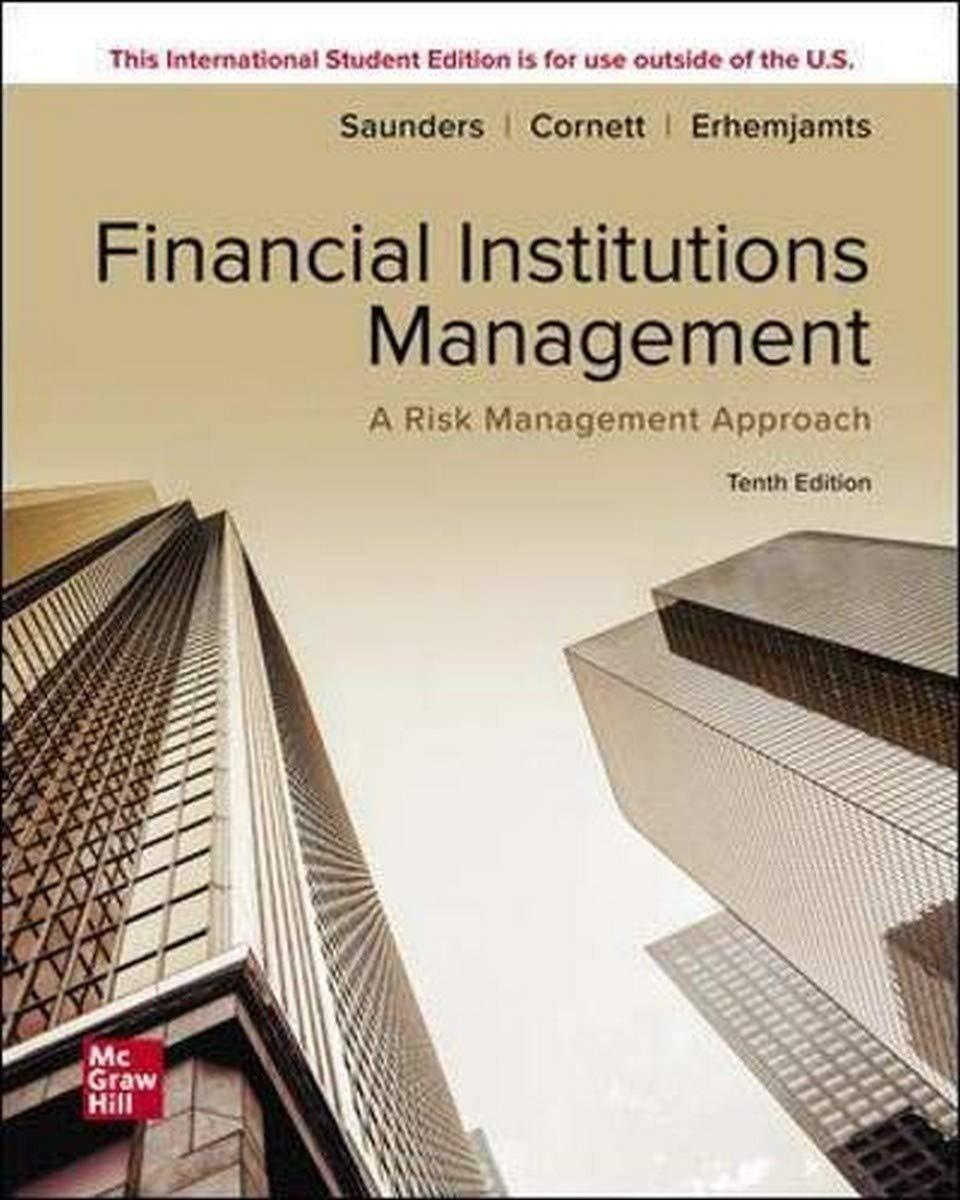Question
An investor must choose between two bonds: Bond A pays $72 annual interest and has a market value of $925. It has ten years to
An investor must choose between two bonds: Bond A pays $72 annual interest and has a market value of $925. It has ten years to maturity. Bond B pays $62 annual interest and has a market value of $910. It has two years to maturity. Assume the par value of the bonds is $1,000. a. Compute the current yield on both bonds. (Do not round intermediate calculations. Input your answers as a percent rounded to 2 decimal places.)
b. Which bond should she select based on your answers to part a?
| Bond A | |
| Bond B |
c. A drawback of current yield is that it does not consider the total life of the bond. For example, the approximate yield to maturity on Bond A is 8.33 percent. What is the approximate yield to maturity on Bond B? The exact yield to maturity? (Use the approximation formula to compute the approximate yield to maturity and use the calculator method to compute the exact yield to maturity. Do not round intermediate calculations. Input your answers as a percent rounded to 2 decimal places.)
d. Has your answer changed between parts b and c of this question in terms of which bond to select?
| Yes | |
| No |
Step by Step Solution
There are 3 Steps involved in it
Step: 1

Get Instant Access to Expert-Tailored Solutions
See step-by-step solutions with expert insights and AI powered tools for academic success
Step: 2

Step: 3

Ace Your Homework with AI
Get the answers you need in no time with our AI-driven, step-by-step assistance
Get Started


